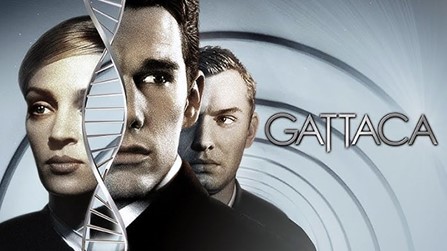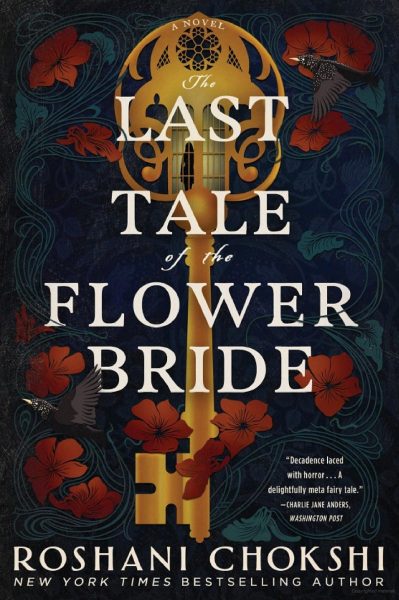The Cost of Free Music
Expect another Taylor Swift break-up song soon, as she and Spotify have now split ways. The 25 year old artist has decided that her songs on the playlist-making, music-streaming app should be removed. She should’ve known Spotify was trouble when they walked in asking to play songs for free!
The break-up hurts Spotify also, as “nearly 16 million of [Spotify users] have played her songs in the last 30 days, and she’s on over 19 million playlists,” according to a statement from Spotify.
Spotify has scrambled in an attempt to regain the partnership with Swift. They released a public statement on their website, as well as proposed some solutions.
Swift has remained against any return to Spotify. In an article with TIME she said, “”I think there should be an inherent value placed on art, and I didn’t see that happening, perception-wise, when I put my music on Spotify.”” Swift’s songs earned $497,000 from Spotify last year.
However, this feud has brought about a deeper argument. Should online music streamers be allowed to legally distribute an artist’s music for free? Artists may say no, but listeners would like to continue their free music privilege.
With apps and websites like Pandora and Spotify becoming so popular, the online music industry is valuable. Many artists have had their songs played, which means less need for buying songs, and consequently, less money for the artist, even though the listeners enjoy the availability of songs.
It’s easy to understand why people would want free music. Anything free is unusual, especially when it’s something as valuable to humans as music. Yet, this takes away from the money and hard work that artists have put into their products.
Most albums or mixtapes take months to make, and the process takes a lot of work, as artists may take even longer to review and edit their albums. Artists may seek compensation and credit for their effort, whether it be from sales or downloads.
In addition, there is more to an album than just the main artist. Many may think only the artists are paid for their music, but a whole community of people earn their money from the music. The money is paid to all people involved in the project, from backup singers to a drummer or trumpet player to the album cover’s artist. These people need the money that comes from a consumer buying an album. Sure, Taylor Swift may already have a large sum of money, but her saxophonist may not.
Another point against free online music is that an up and coming artist may have a harder time making his or her own money. Soundcloud allows anyone to post songs on its website for free, but because of the large number of aspiring artists, the quality ones can remain undiscovered or never get paid for their music. A musician’s best hope would be to find his or her way onto the radio or any real publicity. Another hope is to be picked out among the artists on Soundcloud and given a chance with a label or given a record deal.
Either way, new musicians will not have an easy job, as they must market themselves at all times until they are recognized by a fan base outside of their own friends and families. However, if people are paying for music, an artist’s rise to fame will be much smoother.
If free music continues to be the way the public searches for songs to listen to, artists will continue to want this changed.
Taylor Swift and Spotify may never (ever, ever) get back together, but for now, there are still enough artists whose music is free to cover for her.





